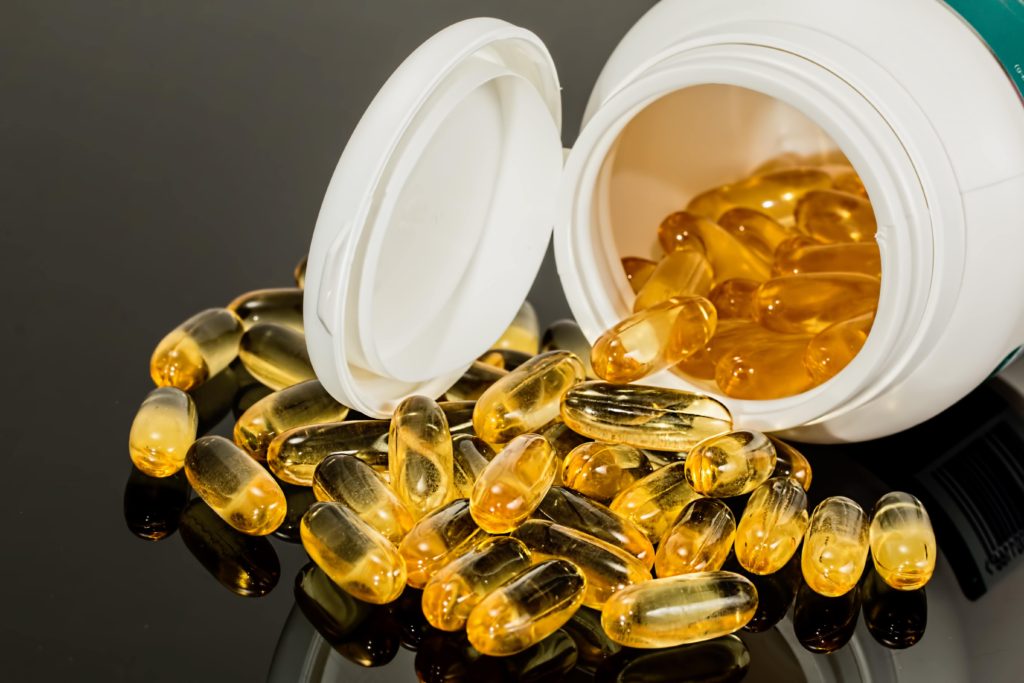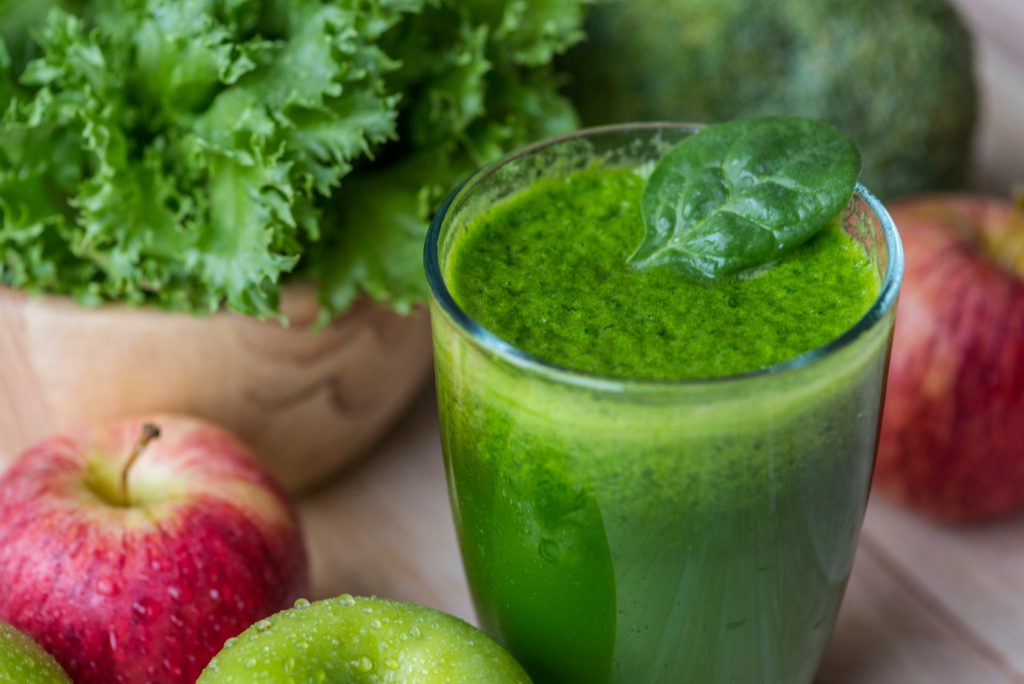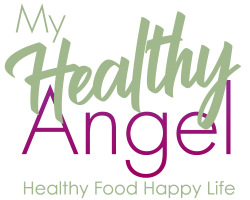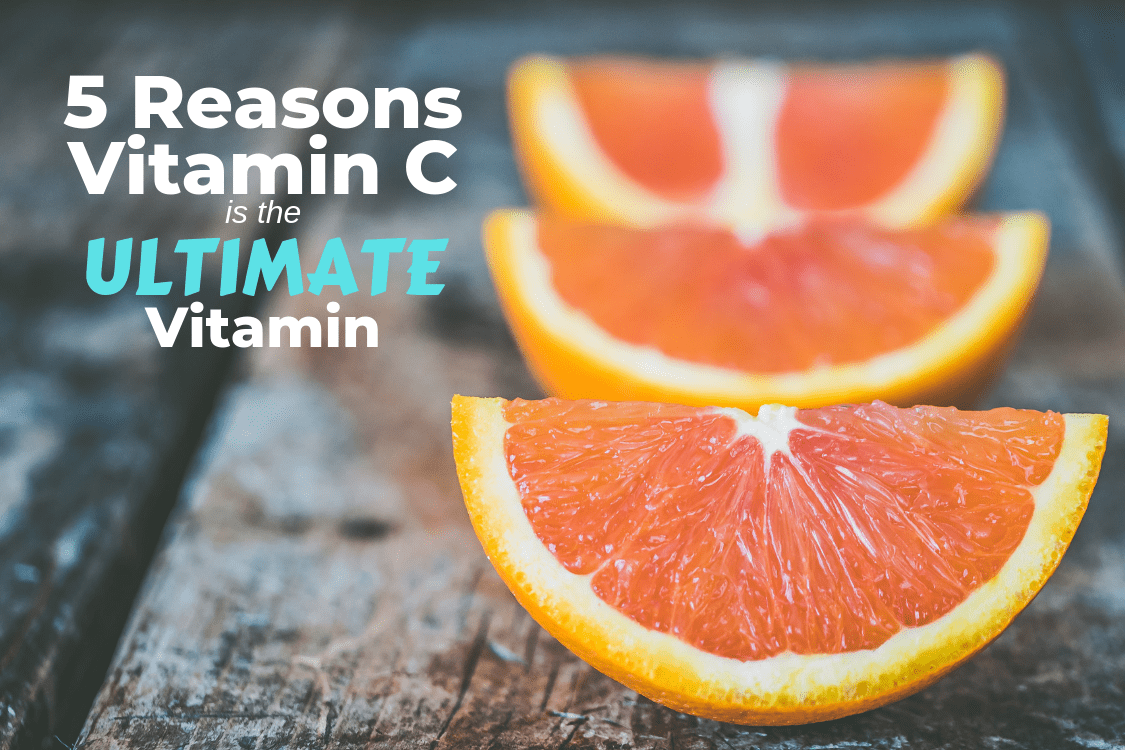Everyone has heard to get more vitamin C, if you’re coming down with a cold. But, what about the other benefits of vitamin C? If you’re interested in improving your health naturally, then you might want to read on.
Vitamin C is the official granddaddy of vitamins, addressing everything from skin health to immune function and almost everything in between that prematurely ages you.

What is a Free Radical?
Free radicals are unstable molecules found in your body that cause damage to other cells. It’s more complicated than this, but in short, oxygen molecules split into single atoms that have unpaired electrons called free radicals. These electrons like to be in pairs, so seek out other electrons to complete themselves. This isn’t a big deal in a small amount, but when it continues it’s called oxidative stress. Oxidative stress causes damage to other cells eventually leading to disease and aging.
What is an Anti-Oxidant?
Simply put antioxidants give electrons free radicals (these unstable atoms that are missing electrons). This neutralizes them, so now, they no longer have a reason to start this snowball effect of stealing electrons and making cellular structures unstable so they are more prone to disease and aging.
Where does Vitamin C Come In?
The three major antioxidant vitamins are beta carotene, vitamin C, and vitamin E . Vitamin C is such a powerhouse because it has so many other health benefits.

Supports Heart Health
Heart disease still ranks as the leading cause of death causing over 30% of the deaths worldwide. So what if you could do something today to decrease the inflammation in your arteries that slowly leads to heart disease? Simply put, it’s been shown that Vitamin C keeps your body from producing the LDL protein that leads to heart disease.
Improves Skin Health and Collagen Formation
This vitamin aids in the production of collagen, a tissue that is needed for your bones, blood vessels, teeth, and gums. Vitamin C helps also helps overall skin health and promotes anti-aging. First, it helps to minimize the appearance of fine lines and wrinkles and helps even out skin tone. It also help shield the skin from free radical damage caused by the environment and UV damage of the sun. And, used topically it boosts collagen and elastin that help keep your skin firm and reduce fine lines and wrinkles.

Boosts Immunity
Like I mentioned earlier, most people reach for Vitamin C when they start to feel a bit under the weather. The cells of the immune system need Vitamin C to perform their immune boosting function. When Vitamin C isn’t present you have reduced resistance against some of the “junk” cold and flu floating around.
Protects Memory and Thinking
Just about every organ in our body has some levels of Vitamin C and your brain is no different. Just like Vitamin C in our skin protects against the oxidative stress that causes wrinkles, Vitamin C deficiency in your brain causes issues related to memory, brain fog and even can lead to disease.
Enhances Cancer Treatment
Vitamin C is jacked with antioxidants that help repair cells. Put it this way, the job of chemotherapy or radiation is to destroy cancer cells. Along with that, it destroys some of the healthy cells. Vitamin C fights to keep those “good cells’ strong while allowing the bad cancer cells to get knocked off. There is specific timing with this Type of IV Vitamin C treatment, so you’ll want to get more information from a professional if you were pursuing this. Also, Vitamin C in citrus has been shown to block the growth of certain cancer cells and lower the risk of cancer developing.

Conclusion
Vitamin C is an awesome antioxidant that protects against free radical damage that leads to disease and aging. It also helps with heart and skin health, boosts immunity and memory and helps with cancer treatment and prevention.
All that and guess what, our bodies don’t make Vitamin C, so we have to get it in our diet. Here are 10 of my favorite and how I use them in my day to day diet. While the recommended daily amount for an adult is 75-90 mg, your need will vary depending on the amount of toxins you’re around daily.
- Red Pepper — 1 cup: 190 milligrams – How I Eat: In salad, stir fry or omega 3 eggs
- Green Bell Pepper — 1 cup: 120 milligrams – How I Eat: In salad or stir fry
- Orange — 1 large: 98 milligrams – How I Eat: Cut for breakfast or in smoothie as sweetener
- Strawberries — 1 cup: 89 milligrams – How I Eat: Cut up for breakfast
- Broccoli — 1 cup, raw: 81 milligrams – How I Eat: Weekdays in lunch time salad
- Kale — 1 cup, raw: 80 milligrams – How I Eat: Kale Smoothie
- Parsley — 1 cup: 80 milligrams – How I Eat: In Morning Green Smoothie
- Pineapple — 1 cup: 79 milligrams – How I Eat: This is the “natural sweetener” in my smoothies
- Brussels Sprouts — 1/2 cup, cooked: 48 milligrams – How I Eat: Roasted w/ olive oil and sea salt
- Lemon — 1 fruit: 45 milligrams – How I Eat: Every morning, freshly squeezed w/ water & cayenne
 Have a healthy day!
Have a healthy day!


